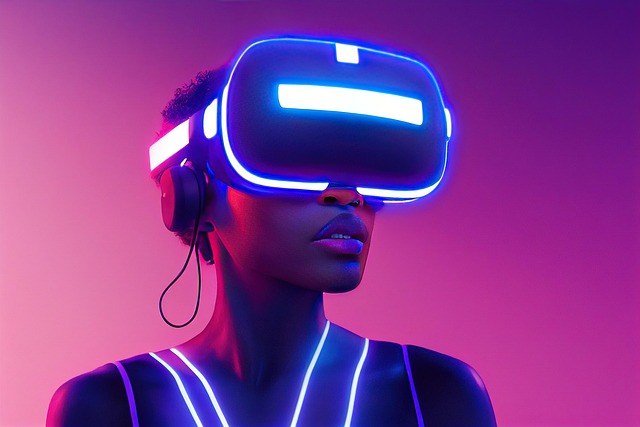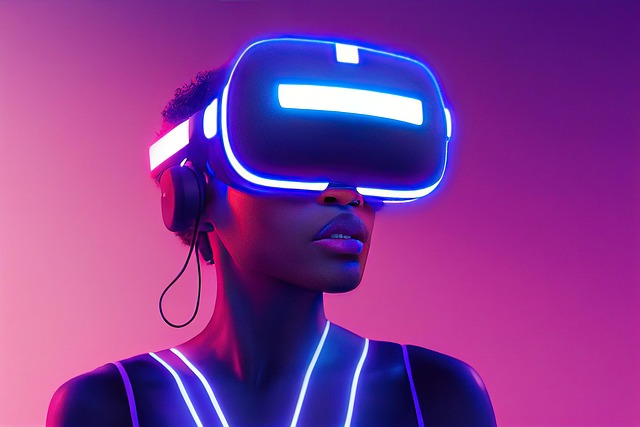The digital era has ushered in an exciting frontier: the metaverse. It’s a universe where virtual and augmented realities intermingle, providing an immersive experience that reshapes how students engage with their learning. This transformation provides opportunities for deeper understanding and heightened creativity.
Virtual reality (VR) has the capability to transport students into incredible, simulated environments. Imagine a history lesson where students explore ancient Rome as if they were walking through its bustling streets. These immersive experiences capture students’ attention and make the subject matter come alive in ways textbooks cannot. The nearly tactile sensations of VR allow learners to step into scenarios, creating dynamic connections to their lessons that stick long after the headset comes off.
On the other hand, augmented reality (AR) enhances the real world by overlaying digital information. Picture students engaged in a science class where they can observe a 3D model of a human heart floating above their desks. With AR, the classroom becomes a canvas where imagination meets reality, enabling students to interact with life-size holograms of complex systems. This blend of reality and imagination encourages curiosity and motivates students to explore further, truly immersing them in their learning journey.
Pioneers are already utilizing the metaverse as a vital educational tool. Schools and universities are crafting online courses featuring VR and AR, bridging physical limitations and enabling global classrooms. Students from different corners of the world can collaborate on projects as if they were sitting next to one another, breaking down barriers and enriching their educational experience through shared immersive environments.
Furthermore, the emotional aspect of immersing students in the metaverse cannot be overstated. By engaging with rich, interactive content, students develop empathy and understanding. They can experience life through the lens of others, fostering compassion and awareness in ways traditional methods cannot. This emotional connection enhances their overall learning experience, making education not just about facts, but about human understanding.
As educators and institutions move forward, embracing the potential of the metaverse is crucial. It cultivates an educational landscape where immersive experiences reign supreme, pushing boundaries and inspiring students to reach new heights in their personal and academic lives. With immersive technology at their fingertips, students are not just absorbing information; they are actively participating in their learning journey in ways that resonate deeply within them.




